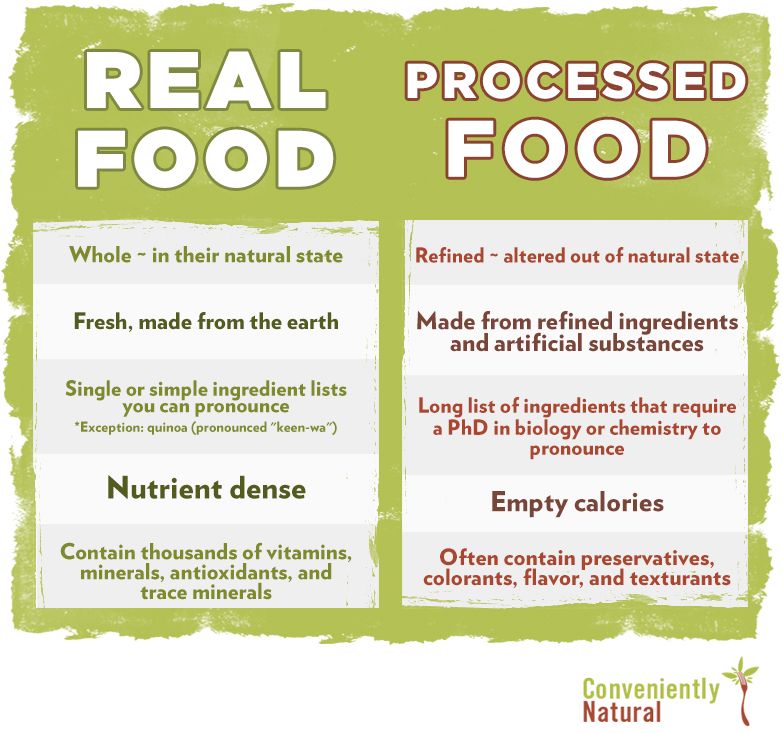In today’s fast-paced world, many people turn to supplements to fill the gaps in their diets and improve their overall health. However, there is an ongoing debate about whether supplements are as effective as whole foods in providing essential nutrients. In this article, we will explore the differences between supplements and whole foods, and help you make an informed decision on what to choose for optimal health.
What are Supplements?
Supplements are products that contain vitamins, minerals, herbs, amino acids, or other substances that are intended to supplement the diet. They come in the form of pills, powders, or liquids, and are marketed as a convenient way to boost nutrient intake. Some common types of supplements include multivitamins, omega-3 fatty acids, and protein powders.
What are Whole Foods?
Whole foods, on the other hand, are foods that are minimally processed and contain a variety of nutrients that are essential for good health. Fruits, vegetables, whole grains, lean proteins, and healthy fats are all examples of whole foods. These foods are rich in vitamins, minerals, antioxidants, and fiber, which are important for maintaining a healthy body.
Benefits of Whole Foods
One of the main benefits of whole foods is that they provide a wide range of nutrients in their natural form. These nutrients work together synergistically to support various bodily functions and promote overall health. Whole foods also contain fiber, which is important for digestion and can help prevent chronic diseases such as heart disease and diabetes.
Benefits of Supplements
Supplements can be a convenient way to fill nutrient gaps in your diet, especially if you have dietary restrictions or are unable to get enough nutrients from whole foods alone. They can also be helpful for athletes or individuals with specific health conditions that may require higher nutrient intake. Supplements can provide a concentrated source of vitamins and minerals that may be lacking in your diet.
Considerations When Choosing
When deciding between supplements and whole foods, it’s important to consider your individual needs and lifestyle. If you have a balanced diet that includes a variety of whole foods, you may not need to take supplements. However, if you have specific health concerns, dietary restrictions, or are unable to meet your nutrient needs through food alone, supplements may be a helpful addition to your routine.
Conclusion
In conclusion, both supplements and whole foods can play a role in supporting your overall health and well-being. Whole foods provide a rich source of nutrients in their natural form, while supplements can help fill nutrient gaps and provide targeted support for specific health concerns. Ultimately, the best approach is to focus on a balanced diet that includes a variety of whole foods, and use supplements as needed to complement your dietary intake.

